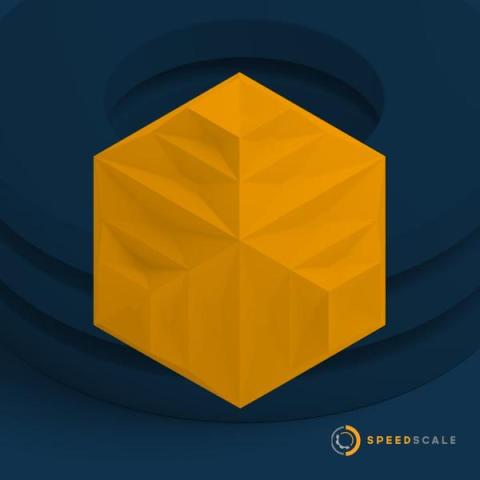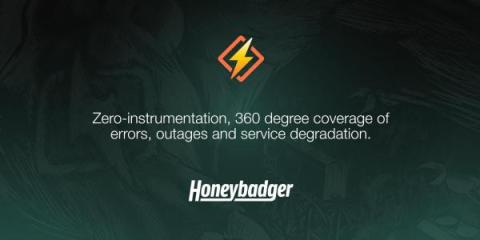How to Track Errors in Oban for Elixir Using AppSignal
When developing an Elixir app, you'll often need to handle tasks in a way that does not interrupt the normal user request-response cycle. Tasks like sending emails are great examples of jobs that should be delegated to a capable background job processing service. In the Elixir ecosystem, Oban is one such background job processing library. In this article, we'll learn what Oban is, how it works, and how to instrument it using AppSignal.











